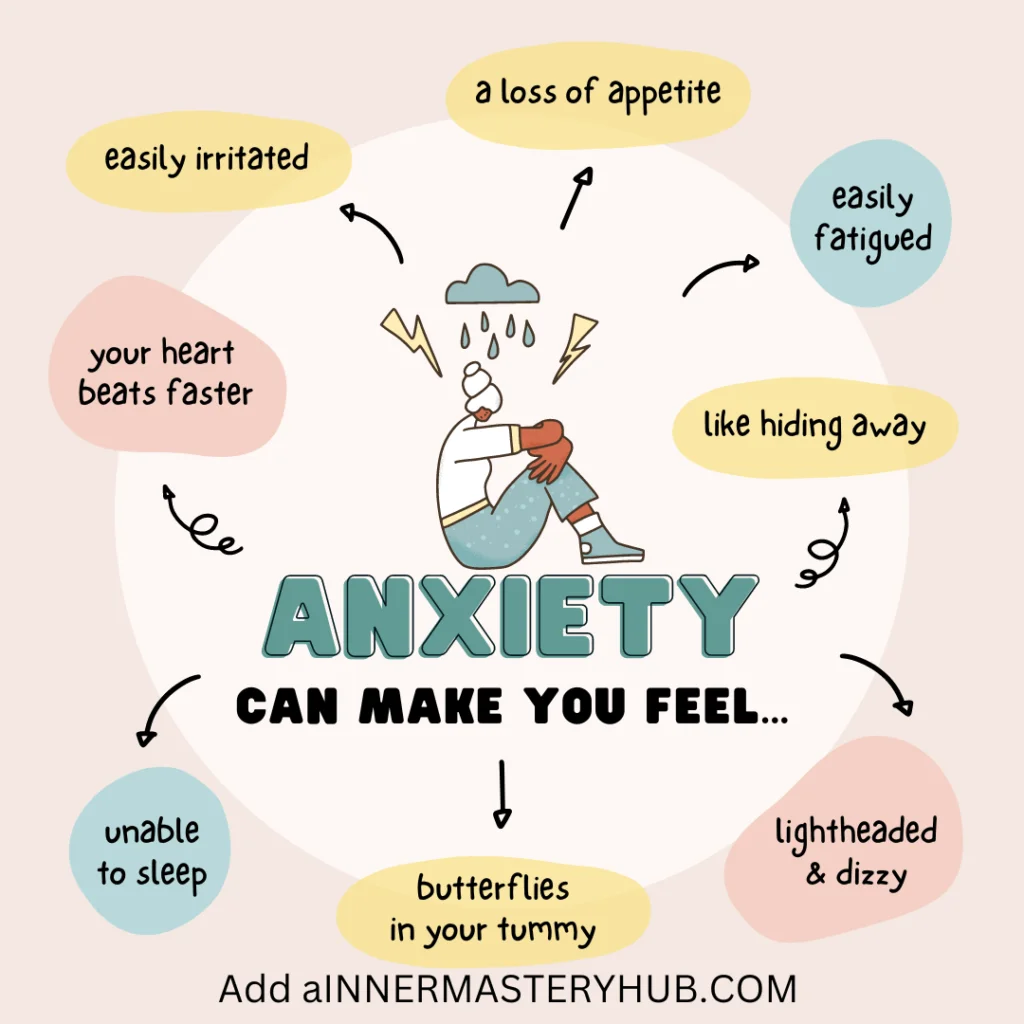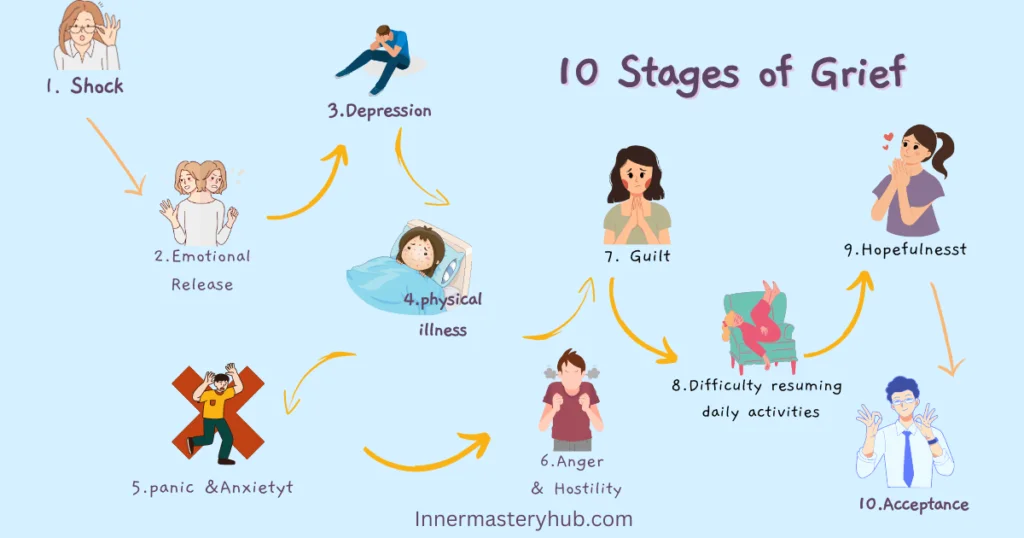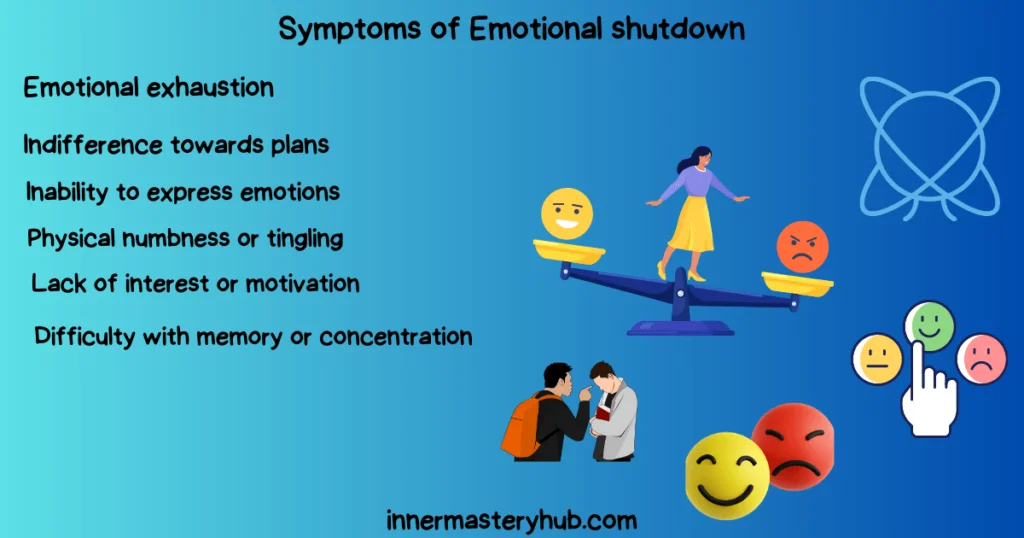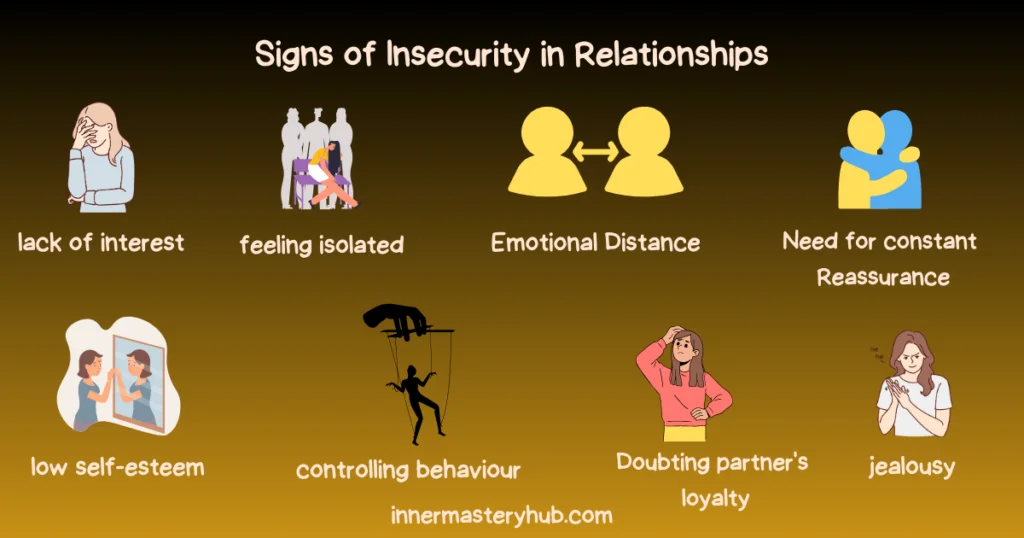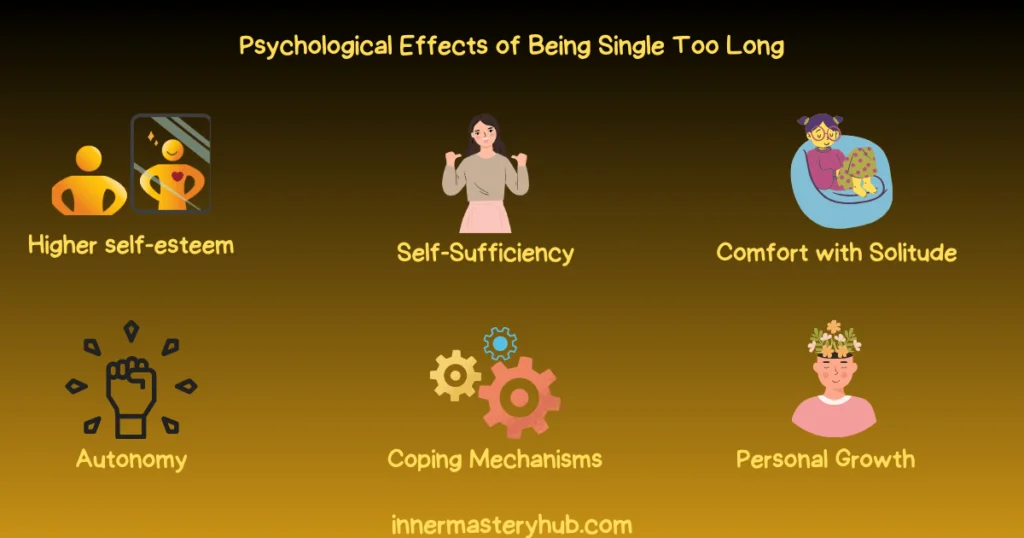
Developing an interest in the emotions that influence people’s words, behaviours, and decision-making is what emotional curiosity means, not becoming emotionally charged or curious about emotionally charged individuals.
At an early age, we are taught to enhance our Intelligence (EQ) in various areas, but we receive less attention when understanding our emotions. This frequently leaves us ill-prepared to deal with our emotional environment. Without noticing it, we constantly respond to our emotions as they arise, using simple strategies like running away, avoiding, battling, or allowing them to paralyze us.
Developing emotional Intelligence and curiosity is essential to improving our self-awareness and discovering healthier strategies for handling our more challenging emotions. According to research, higher awareness of one’s emotions, actions, and stressors is connected with increased emotional well-being. This kind of information fosters resilience and the capacity to handle difficult circumstances.
Therefore, enhancing wellness requires being curious and receptive to learning about our emotions. People often assume that having this kind of interest implies that we must constantly be able to identify the source of our emotions. The what, though, is actually where the secret is.
RELATED: Emotional Resilience: 11 Strategies To Build it
Table of Contents
Psychology Behind Emotional Curiosity
The willingness and desire to comprehend and investigate one’s feelings and those of others is known as emotional curiosity. It is a multifaceted psychological process involving several cognitive and affective processes.
A fundamental psychological principle of emotional curiosity is metacognition, the capacity to reflect on and comprehend one’s ideas and emotions. Because metacognition enables us to analyze our emotional experiences and pinpoint the underlying triggers and patterns, it is key for developing emotional curiosity.
Motivation is a significant psychological component of emotional curiosity. We must be driven to discover and comprehend our emotions and be emotionally curious. This inspiration may originate from several places, including a desire to improve relationships, make better decisions, or learn more about ourselves.
Here are some of the specific psychological benefits of emotional curiosity:
- Increased emotional Intelligence
- Improved relationships
- Better decision-making
- Increased creativity and innovation
- Greater resilience in the face of stress
- Reduced anxiety and depression
- Increased overall well-being
RELATED: 11 Ways To Figure Out Why You Feel Like “What’s wrong with me”
Neuroscience of Emotional Curiosity
Research has shown that curiosity is associated with increased activity and connectivity within certain brain regions. For instance, the VTA, a key part of the brain’s reward system, is involved in motivation, reward anticipation, and curiosity.
Studies have indicated that when individuals are curious about a subject, the VTA tends to be more active. The VTA is linked to the release of dopamine, a neurotransmitter associated with pleasure and reward, which further reinforces curiosity and the motivation to seek information.
The hippocampus, known for its role in memory and learning, is also engaged during curious states. Curiosity often involves the desire to learn and understand new information, and the hippocampus plays a crucial role in encoding and retrieving information.
Moreover, the prefrontal cortex, particularly the dorsolateral prefrontal cortex (DLPFC), is involved in decision-making, cognitive control, and the regulation of emotions. Studies suggest that when curiosity is piqued, there is increased activity and connectivity within the prefrontal cortex, supporting the idea that curiosity engages higher cognitive processes.
Research has also shown that emotional curiosity is associated with increased connectivity between the VTA, hippocampus, and prefrontal cortex. This suggests that these brain regions work together to facilitate emotional curiosity.
RELATED: Cognitive Dissonance: Theory, Examples & How to Reduce It
Emotions Associated With Curiosity
Here are some emotions associated with curiosity:
- Excitement: Children are excited to open their presents on Christmas morning because they are curious to see what is inside.
- Interest: Students are interested in learning about the history of the American Civil War because they are curious about this important event in American history.
- Joy: Scientists feel joy when they make a discovery, such as finding a new planet or developing a new vaccine.
- Wonder: A hiker feels wonder as they stand on the edge of a Grand Canyon, marvelling at the vastness and beauty of the natural world.
- Confusion: A young child is confused about why the sky is blue because they have never learned about the science of light and scattering.
Curiosity increases Intelligence
Curiosity can increase Intelligence. Curiosity is the desire to learn and explore, a key intelligence component. When curious, we are more likely to pay attention to our surroundings, ask questions, and seek new information. This helps us to learn and grow intellectually.
Here are some examples of how curiosity can increase Intelligence:
- Albert Einstein was a highly curious person. He was always asking questions and trying to understand the world around him. This curiosity led him to develop his theory of relativity, one of the most important scientific theories of all time.
- Marie Curie was another highly curious person. She was fascinated by the new field of radioactivity, and she dedicated her life to studying it. Her curiosity led her to discover two new elements, polonium and radium, and to win two Nobel Prizes.
8 Ways To Cultivate Emotional Curiosity
Here are some ways to cultivate Emotional curiosity:
Ask yourself questions about your emotions. Why am I feeling this way? What triggered this emotion? What does this emotion need from me? Asking yourself these questions can help you to dig deeper into your emotional experience and to gain a better understanding of yourself.
Pay attention to your emotions. Throughout the day, take a few moments to check in with yourself and see how you are feeling. Notice any physical sensations you are experiencing, such as tension in your chest or a pit in your stomach.
Label your emotions. Once you have identified your feelings, try to label them. This can help you to understand your emotional experience better. For example, instead of saying, “I feel bad,” you might say, “I feel sad,” “I feel angry,” or “I feel anxious.”
Explore New Perspectives. Actively seek out different viewpoints and perspectives. Engage in conversations with diverse individuals, read varied literature, and expose yourself to new ideas. This broadens your emotional landscape.
Be non-judgmental. It is essential to accept your emotions, even if they are negative. Don’t try to suppress or ignore your emotions. Instead, allow yourself to experience them fully.
Be curious about the emotions of others. When others share their feelings with you, listen to them without judgment. Try to understand what they are going through and why they feel like they are.
Practice Empathy. Cultivate empathy by understanding others’ emotions and viewpoints. This helps you appreciate the emotional richness in human experiences, fostering a more profound sense of passionate curiosity.
Express Creativity. Engage in creative activities like writing, drawing, or playing music. Creativity allows for exploring and expressing emotions in unique ways, fostering a deeper understanding of your emotional landscape.
You can foster emotional curiosity by consciously integrating these practices into your life. Embrace the varied emotions you experience, use them as tools for self-discovery, and let curiosity guide you in understanding the rich tapestry of human emotions.

